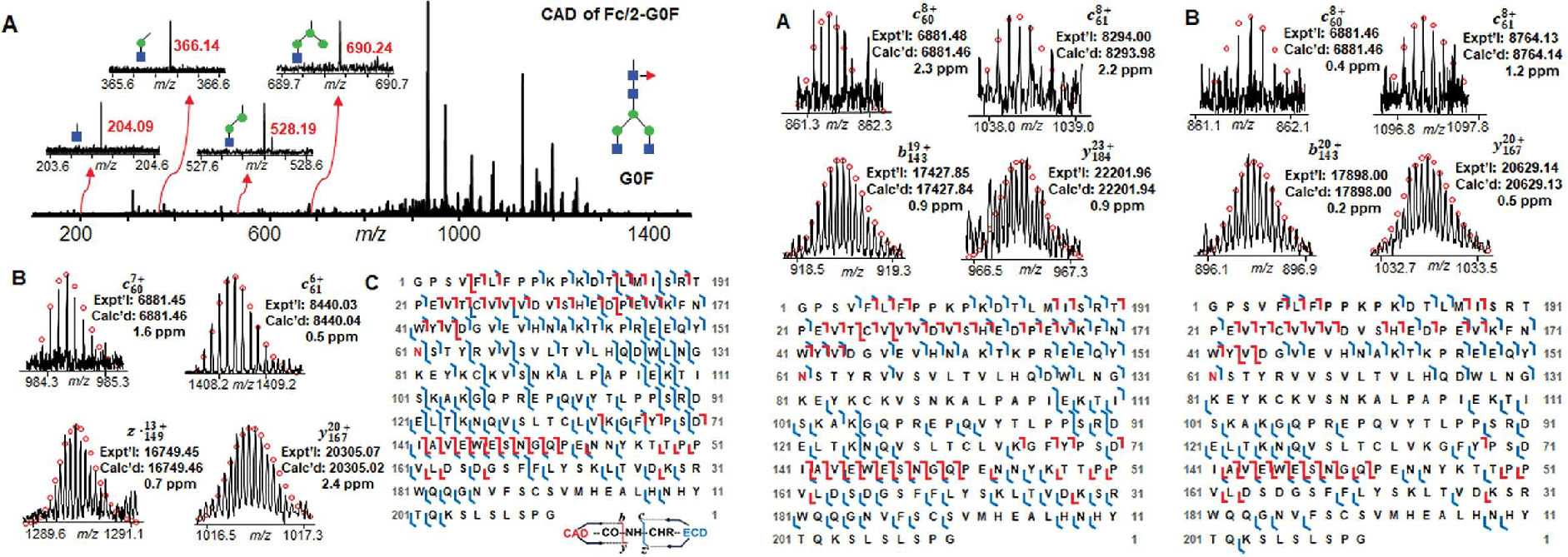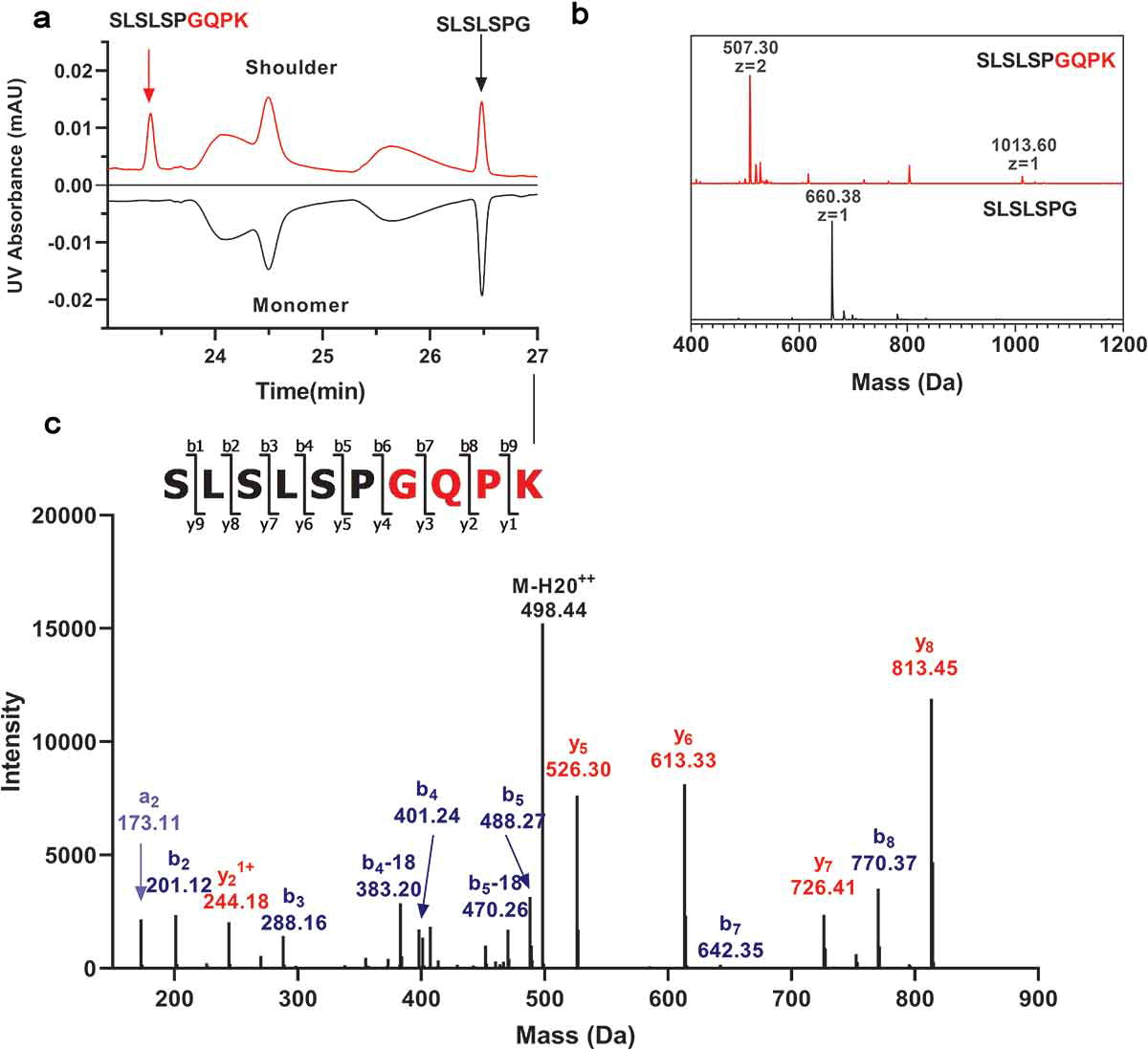IgG Antibody Sequencing Service
Antibodies are a type of protein produced by B cells, used to recognize and neutralize foreign substances (antigens). They are divided into five main subtypes based on their structure and function: IgG, IgA, IgM, IgE, and IgD. IgG is the predominant antibody subtype found in serum and other bodily fluids, accounting for approximately 75% of all antibodies. It can traverse the placenta, imparting passive immunity to newborns. Due to their high specificity and longevity, IgG antibodies are instrumental in neutralizing toxins, promoting phagocytosis, and activating the complement system, which are vital for disease prevention and vaccine development.
Accurate sequencing of IgG antibodies is crucial for diagnosing diseases, developing vaccines, conducting immunological research, and advancing biopharmaceutical applications. MtoZ Biolabs utilizes mass spectrometry (MS) technology combined with bioinformatics to deliver IgG antibody sequencing services that ensure high sensitivity and accuracy, contributing to the advancement of scientific and clinical research.
Analysis Workflow
1. Sample Preparation
Collect biological samples containing IgG antibodies.
2. Antibody Extraction and Purification
Employ specific affinity chromatography techniques to isolate and purify IgG antibodies.
3. Enzymatic Digestion
Process the antibodies with enzymes to generate suitable fragments for MS.
4. LC-MS/MS Analysis
Conduct separation of antibody fragments via LC followed by precise measurement using LC-MS/MS.
5. Data Analysis
Analyze the MS data with advanced bioinformatics tools to determine the antibody sequences.
Service Advantages
1. High Sensitivity and Accuracy
Capable of accurately detecting and analyzing IgG antibody sequences in trace samples.
2. Comprehensive Coverage
Provides complete IgG antibody sequence information, including all critical peptide segments.
3. Rapid Efficiency
Streamlines the entire workflow from sample reception to final report, significantly reducing research time.
4. Versatility
Not only sequences IgG antibodies but also analyzes their post-translational modifications (PTMs).
Sample Submission Requirements
1. Sample Types: Serum, tissue samples, purified proteins, etc.
2. Sample Volume: A minimum of 1-2 mL of serum or an equivalent amount of other samples.
3. Sample Preservation: Samples should be transported and stored at low temperatures, preferably using dry ice or liquid nitrogen.
Applications
1. Drug Development
Facilitates the creation of antibody-based medications by enabling the precise structural analysis of antibodies to optimize drug formulations.
2. Disease Diagnosis
Supplies essential data for diagnosing diseases, particularly in the contexts of autoimmune and infectious diseases.
3. Scientific Research
Supports the exploration of antibody mechanisms, enhancing foundational scientific studies.
Sample Results
Comprehensive Characterization of a Human IgG1 by Fourier Transform Ion Cyclotron Resonance Mass Spectrometry

Jin, Y. T. et al. mAbs. 2018.
Identification and Characterization of an IgG Sequence Variant with an 11 kDa Heavy Chain C-terminal Extension Using a Combination of Mass spectrometry and High-Throughput Sequencing Analysis

Harris, C. et al. mAbs, 2019.
Deliverables
1. Experimental Procedures
2. Relevant Mass Spectrometry Parameters
3. Detailed Information on IgG Antibody Sequence Analysis
4. Mass Spectrometry Images
5. Raw Data
FAQ
Q1: What should be done if antibody sample purity is inadequate?
To improve sample purity, refining the purification process is essential. Employing sophisticated affinity chromatography techniques, such as specific Protein A or Protein G columns, can effectively isolate the desired IgG antibodies. Moreover, enhancing washing procedures helps eliminate proteins bound non-specifically and other contaminants.
Q2: How can effective separation of antibody fragments be ensured?
Selecting the appropriate chromatography column and optimizing the mobile phase composition during the liquid chromatography step can markedly increase separation efficiency. The use of high-resolution chromatography equipment and meticulous adjustment of the gradient elution program, tailored to the specific characteristics of the samples, guarantees the efficient separation of antibody fragments.
MtoZ Biolabs, an integrated chromatography and mass spectrometry (MS) services provider.
Related Services
IgA Antibody Sequencing Service
How to order?







